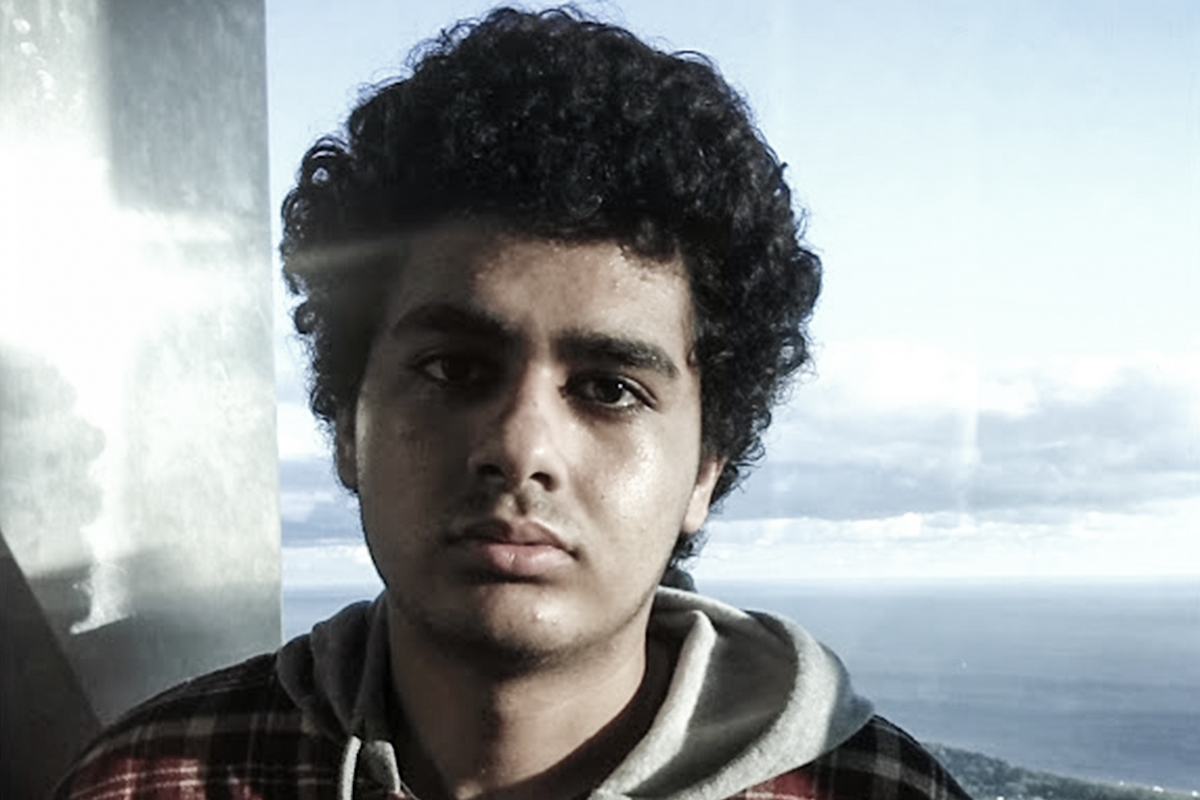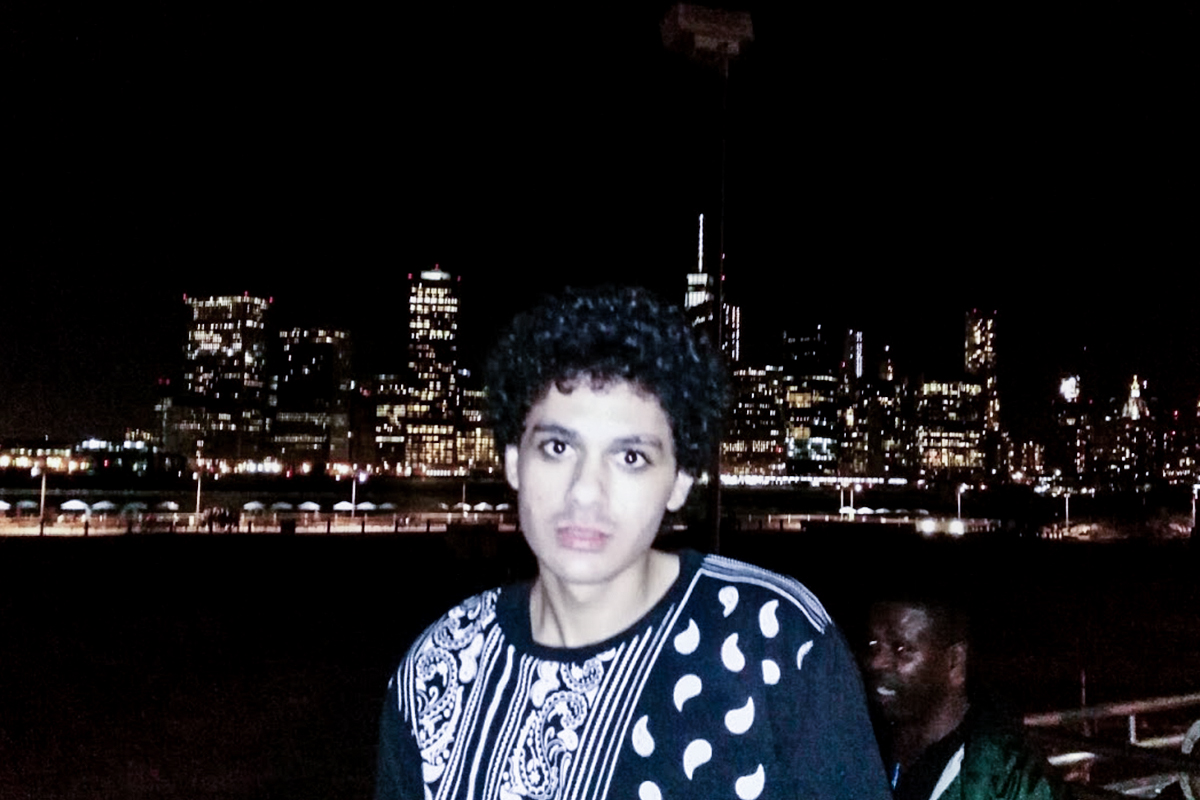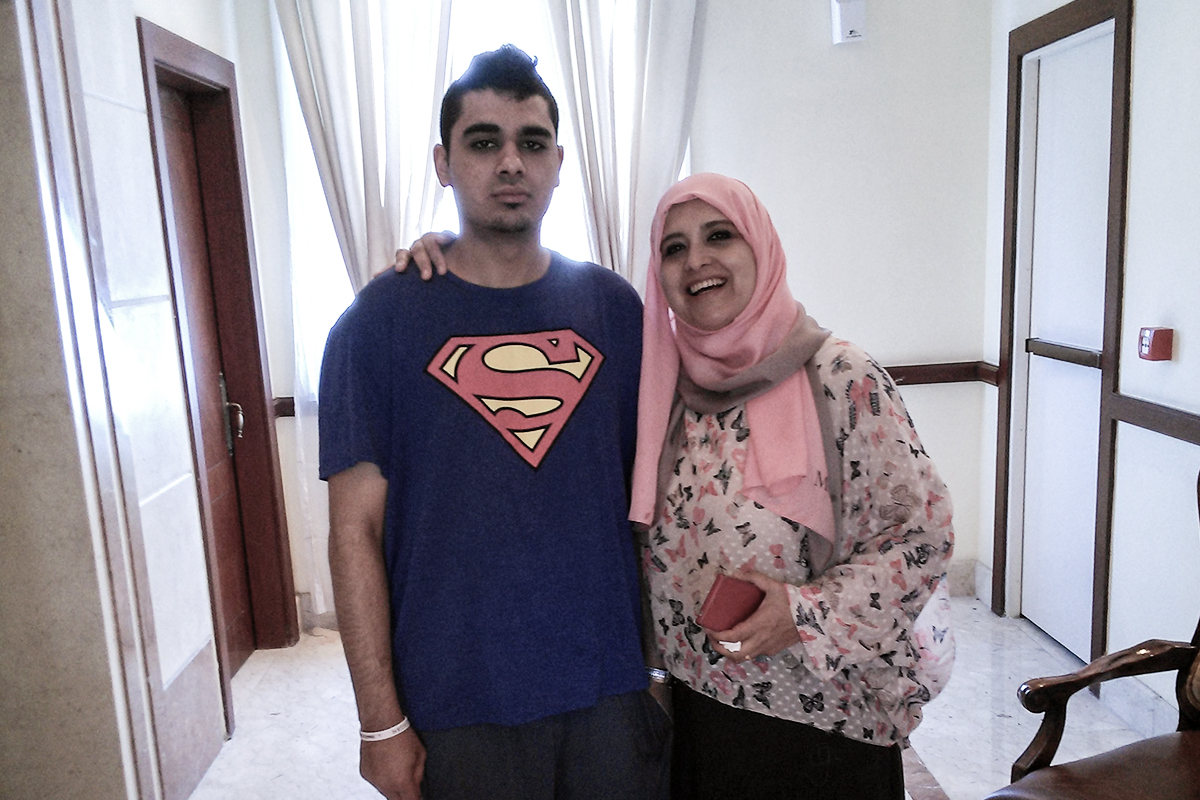A Canadian who plotted terrorist attacks in New York City in 2016 was egged on by an undercover informant who told him “they are at war with us” and “they must pay,” according to a court document released Thursday.

After infiltrating the ISIS plot by posing as a co-conspirator, the undercover agent exchanged “inflammatory messages” with the Canadian, Abdulrahman El Bahnasawy, the defence submission argued.
He “continually stoked Mr. El Bahnasawy’s sense of belonging and encouraged Mr. El Bahnasawy to send him money for the attack and finding additional recruits,” the defence lawyers wrote.
“While the undercover’s violent and encouraging comments to Mr. El Bahnasawy no doubt advanced law-enforcement objectives, they also contributed to Mr. El Bahnasawy’s radicalization,” they said.
El Bahnasawy, 20, is scheduled for sentencing next Tuesday.
U.S. prosecutors want a life sentence, while the defence has depicted him as a mentally-ill addict and have asked for a “short period of confinement” so he can return to Canada for treatment.
While prosecutors argue the plot was well underway before the undercover began talking to El Bahnasawy, the defence lawyers pointed to communications they said showed the Canadian was influenced by the informant.
El Bahnasawy was living at home in a Toronto suburb when he began corresponding online with a “high-level ISIS recruiter and attack planner” in Syria, according to prosecutors.
Working with co-conspirators in Pakistan and the Philippines, he planned attacks on the New York subway and Times Square that were to take place in 2016, during the Muslim holy month Ramadan.

Get daily National news
But the FBI infiltrated the group, and following an investigation assisted by the RCMP, arrested El Bahnasawy at a hotel on the outskirts of New York in May 2016. He was 18 at the time.
WATCH: Father describes arrest of son on terrorism charges

Following the arrest, El Bahnasawy pledged allegiance to ISIS on his prison cell wall.
He pleaded guilty to terrorism charges and wrote a letter to the judge explaining that “the West’s destruction of the Islamic system” and “dominance over the world” had led him to “military jihad.”
But his family in Canada has insisted he is struggling with mental illness and addiction, and said he had been in and out of treatment facilities since age 14.
Medical records show that an Egyptian treatment centre diagnosed him with bipolar disorder, “fits of obsession” and psychotic symptoms.
“He was exceptionally vulnerable to ISIS messaging. Isolated, he found a friend in the undercover agent, who praised his worst ideas and was instrumental in bringing them closer to reality. His parents did not intervene,” according to the defence submission.
The lawyers said he was not the “one-dimensional monster the government depicts him to be” and “has the potential to lead a normal life, to have a family, and to grow old in peace in Canada.”
The document also revealed that El Bahnasawy told the undercover on May 12, 2016, he had been in “rehab.” In a possible indication of cross-border co-operation in the investigation, the RCMP contacted the Centre for Addiction and Mental Health in Toronto four days later to request his records.
It was the second case to come before the United States courts this week involving a defendant based in Canada who crossed the border to conduct a terrorist attack.
On Tuesday, Montreal resident Amor Ftouhi was convicted of terrorism for a June 2017 stabbing of a police officer at Flint Bishop Airport in Michigan.
Ftouhi, 51, left a will saying he loved his wife but he loved jihad more, and told investigators following his arrest he was a “soldier of Allah” and subscribed to al–Qaida ideology.
- As Carney heads to India, Canada seeks to revoke citizenship of 2008 Mumbai attack ‘mastermind’
- Vancouver airport ties Nexus outage to U.S. partial government shutdown
- What’s a Canadian firm under defence industrial strategy? It’s complicated
- In his 1st year, Carney doubles Trudeau’s time out of the country












Comments
Want to discuss? Please read our Commenting Policy first.